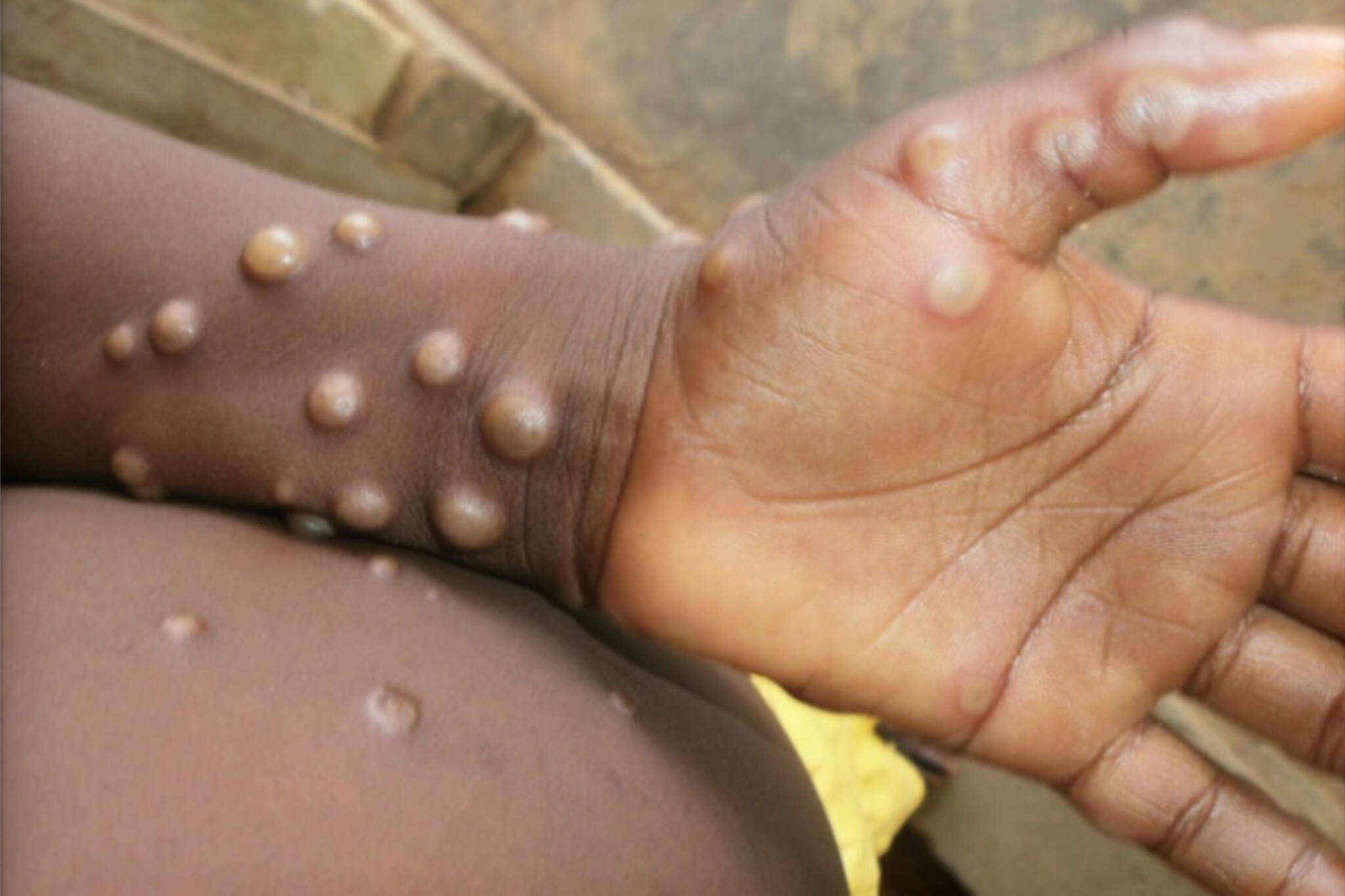
Monkeypox virus outbreak suspected in Canada but no cases in Toronto yet
Monkeypox is the new virus to worry about in Canada because of course after finally getting past years of painstaking public health restrictions and overrun hospitals, mother nature had to try and get another blow in.
While cases of the communicable disease have been confirmed in multiple European countries, none have yet been diagnosed in Canada, though 17 suspected cases are being investigated in Montreal and the first infection in the U.S. was in a Massachusetts man who had recently travelled to Quebec.
Presently, Toronto Public Health says it is unaware of any local cases and will "continue to closely monitor this situation and keep the public informed."
1/3: TPH has received Qs on recent reports of #Monkeypox. We're not aware of any local cases, but we're aware of cases in other jurisdictions & in Canada. We'll continue to closely monitor this situation & keep the public informed if our local situation changes.
— Toronto Public Health (@TOPublicHealth) May 19, 2022
The zoonotic illness is considered rare outside of Central and West Africa, and is most often transmitted to people from wild animals — but it is possible to contract it through the respiratory droplets, sores and/or bodily fluids from an infected individual, though the World Health Organization (WHO) notes that "secondary, or human-to-human transmission is relatively limited."
Prolonged face-to-face contact with a patient would be required for someone to be seriously at risk, and while the virus can be fatal in up to 10 per cent of patients, the longest chain of transmission ever recorded was through six people, the WHO states.
As such, the risk to the public is generally considered low at this time, and as of Wednesday night, the Public Health Agency of Canada has not yet received any reports of confirmed positive cases in the country, and is "closely monitoring the current situation."
Most cases of concern right now are in men in the U.K., Spain, Portugal, and there is one case each in Italy, Sweden, and the U.S., as mentioned, at the time of publication.
Symptoms of monkeypox include the typical flu-like symptoms of muscle and headache, chills, swollen lymph nodes, fever and fatigue, a few days after which lesions similar to other pox viruses can form on the face, muscous membranes and extremities. Anyone presenting with these signs should self-isolate and consult their doctor.
The sickness usually runs its course and goes away on its own within two to four weeks.
WHO
Latest Videos
Latest Videos
Join the conversation Load comments







